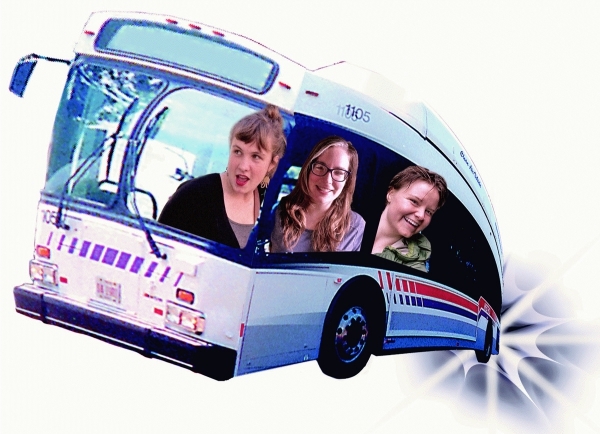BRATTLEBORO — Do you know what happens after you flush the toilet?
Everyone who poops is invited to attend an interactive presentation, “Rethinking Our Sh*t: Why do we do what we do with our poo?” on Friday, April 10, from 6 to 8 p.m.
The free event, sponsored by the Rich Earth Institute, will take place at the River Garden in Brattleboro.
The performance features Get on the Bus Productions, a talented trio of women from New York, Seattle, and Oakland, who explore the way our culture thinks about using the toilet.
Their informative, thought-provoking, and entertaining presentation illustrates the limitations of sewer-based sanitation and the possibilities created by treating our poop as a resource, rather than waste.
The performers include: Emma Jones, radical educator, artist, and aspiring farmer who is passionate about group process and social justice; Katie Gillett, a multimedia storyteller interested in environmental and social issues; and Michaela Haynes, a farmer and cheese maker, who has also worked as a pastry chef and environmental organizer.
Get on the Bus Productions is a collective of women who make quirky, socio-environmental films, including The Groundwater Up Project , a documentary about the water crisis in Delhi, India. Inspired to action by the widely varying ways of thinking about human waste around the globe, the group connects attitudes towards pooping with such topics as water access, public health, agriculture, development, and politics.
“Rethinking our Sh*t” is a kick-off for the 2015 Urine Brigade of the Rich Earth Institute, a local nonprofit which advances and promotes the use of human waste as an environmental resource.
The organization is working to shift how people think about their own waste and to complete the nutrient cycle by using sanitized urine to increase soil fertility on local farms. The Institute is rapidly building a national and international reputation in providing sustainable solutions at the intersection of sanitation and agriculture.
